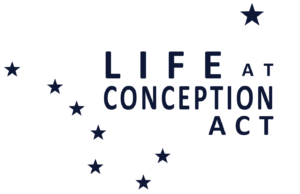
THE PROMISE OF DOBBS
REMAINS UNFULFILLED IN ALASKA
The US Supreme Court affirmed in the Dobbs v Jackson opinion what we’ve been saying for over 50 years, that there has never been a constitutional right to abortion in either the Federal or any State Constitution.
In plain, simple English, the book – or the US Constitution – is closed to the idea that there can ever be a right to kill babies.
“We hold that Roe and Casey must be overruled. The Constitution makes no reference to abortion, and no such right is implicitly protected by any constitutional provision…”
Majority Opinion, Dobbs v Jackson Women’s Health, June 24, 2022
The hope – the PROMISE of Dobbs is that it profoundly changed the legal landscape, cleared judicial obstacles, and opened a more direct route to protecting babies.
- Dobbs affirmed that there is no right to abortion in the US Constitution.
- Dobbs made it clear that the “right” to abortion cannot be inferred or interpreted.
- Dobbs gets rid of the specter of pro-abortion judicial overreach that has haunted Pro-Lifers for 50 years: the right to abolish abortion “belongs to the people and their representatives.”
The PROMISE of Dobbs recognized and reinforced the Constitutional Authority and Duty to Abolish Abortion without judicial interference.
Unfortunately, the PROMISE of Dobbs lies unfulfilled in Alaska. Ending abortion can seem just as elusive today as it was before Dobbs overruled Roe v Wade.
The PROMISE of Dobbs recognized and reinforced the Constitutional Authority and Duty to Abolish Abortion without judicial interference.
Unfortunately, the PROMISE of Dobbs lies unfulfilled in Alaska. Ending abortion can seem just as elusive today as it was before Dobbs overruled Roe v Wade.
- Alaska’s activist courts and “abortion rights” legal precedents remain unchallenged even though Dobbs thoroughly dismantled every argument for a “right to abortion.”
- Dobbs affirmed our Governor’s Constitutional authority to “restrain violations of constitutional… right[s] by any officer or… political subdivision,” but abortion continues unchecked.
- Alaska’s Legislature has the authority to make laws and spend money. Dobbs affirmed the Legislature’s authority to prohibit funding abortions, paying for abortions, and to abolish abortion. For now, Alaska’s Legislature seems to be bound to Roe instead of the US and Alaskan Constitutions.
DOBBS UNFULFILLED
THE STATE OF ABORTION IN ALASKA
Planned Parenthood and their allies are working harder than ever to entrench abortion into every part of our lives.
While that sounds a little over the top, the numbers don’t lie. In addition to Planned Parenthood’s control over Alaska’s Courts, their advances in the Legislature, and in addition to their near total control over the budget process, Planned Parenthood is rapidly expanding their abortion business as well.
One of Planned Parenthood’s most significant expansions has been the RU-486 Chemical Abortion protocol. Planned Parenthood targets babies up to 9 weeks of life (13 weeks gestation) for Chemical Abortions.
CONCEPTION TO 9 WEEKS OF LIFE
Chemical Abortions are essentially a take home, Do-It-Yourself (DIY), or Self-Managed Abortion in which the baby’s mother takes two pills over the span of a couple days.
The first pill, Mifepristone, kills the baby over a grueling 48-hour period in which the baby is essentially starved, suffocated, and poisoned. The second pill, Misoprostol, initiates the excruciating contractions that will deliver his lifeless body.
Despite the significant increase in Self-Managed Chemical Abortions, surgical abortions are not going away. If anything, they are increasing – dramatically.
With earlier stage, Self-Managed Chemical Abortions being distributed by nurse-practitioner abortionists, it seems Planned Parenthood’s abortion physicians are expanding their 2nd Trimester Dilation & Evacuation (D&E) Abortions to staggering levels.
HUMANITY OF LIFE IN THE WOMB
Sadly, most D&E abortions target babies between 10 and 20 weeks of life. Regardless of the baby’s age – from conception to natural end of life –God declared the sanctity of human life when He created man – male and female – in His image. Shedding innocent blood – murder – is condemned and prohibited from Genesis to Revelation 22.
I realize that none of this is easy to read. It might even be downright discouraging, but I’m not going to lie to you. The reality of abortion is horrifying.
Fulfilling the PROMISE of Dobbs – fighting to end abortion demands we know and share, and pursue the truth.
And the truth is ugly. Very ugly.
We live in a state where anyone convicted of murdering an unborn baby will be fined up to $500,000 and go to jail for up to 99 years, but we license abortionists to kill babies legally.
The only meaningful difference between somebody who will be fined and go to jail for killing an unborn baby, and somebody who the State will pay for the same crime is the abortionist’s license, contract, and the source of payment.
Perhaps one of the worst ironies of all is that abortionists must pass a criminal background check before they can start killing babies.
OUR HOPE IS IN GOD
NOT IN GOVERNMENT
But there is hope.
First, our hope is in God. And since He has made Himself abundantly clear on His purpose for government from Genesis through Revelation, We must not be silent.
In quick flyover fashion, let’s consider a few points regarding God’s purpose for government. These are certainly not exhaustive, but only serve the purpose of helping us understand legislation offered to protect innocent human life in the greater context of God’s design for government, chiefly to:
Protect innocent human life and punish murderers.
- “Whoever sheds man’s blood, by man his blood shall be shed, for in the image of God He made man.” Genesis 9:6
Administer justice by the wisdom of God.
- When all Israel heard of the judgment which the king had handed down, they feared the king, for they saw that the wisdom of God was in him to administer justice. 1 Kings 3:16
Bring God glory
- For the Scripture says to Pharaoh, “For this very purpose I raised you up, to demonstrate My power in you, and that My name might be proclaimed throughout the whole earth.” Romans 9:17
Worship God.
- “Now therefore, O kings, show discernment; Take warning, O judges of the earth. Worship the LORD with reverence And rejoice with trembling. Do homage to the Son, that He not become angry, and you perish in the way, For His wrath may soon be kindled. How blessed are all who take refuge in Him!” Psalm 2:10
Reward good behavior and punish evil.
- rulers are not a cause of fear for good behavior, but for evil. Do you want to have no fear of authority? Do what is good and you will have praise from the same; for it is a minister of God to you for good. But if you do what is evil, be afraid; for it does not bear the sword for nothing; for it is a minister of God, an avenger who brings wrath on the one who practices evil. Romans 13:3
Since God is not silent on His purpose for government, nor is He silent on the taking of innocent life, He has not left us without the means to protect children and reform our government: Dobbs is very clear: the Constitution does not recognize a “right to abortion.”
- “Abortion rights” cannot exist in the US or Alaska’s Constitutions.
- “Abortion rights” are not recognized by the Constitution.
- “Abortion rights” cannot be inferred or interpreted from any part of the Constitution.
Babies waiting to be born have positive, expressly recognized rights to life, to equal protection, and equal justice. Dobbs removed the judicial obstacles that once prevented action and opened direct routes to protecting babies. The Constitution compels our Governor and Legislature to protect innocent human life.
With your support, we’re not waiting another 50 years for Alaska’s Courts to correct their deadly errors. Our call to action is simple and direct:
Alaska’s Governor is authorized – compelled – by the Constitution and affirmed by Dobbs to protect babies from being killed by abortion. While he has many options, the first, most direct action available for his administration is to refuse to pay for a single baby to be killed.
Yes, Planned Parenthood and the abortion lobby will protest and sue. Isn’t that what we want – a direct challenge to Alaska’s pro-abortion precedents, armed with the Dobbs opinion that overruled Roe v Wade?
Yes, babies will be saved. If taxpayer money is what makes an abortion possible, then taking that money away from Planned Parenthood will save hundreds of babies’ lives.
Whether the Governor acts or not, the Legislature is armed with the Constitution and the Dobbs opinion and empowered to pass laws that protect innocent human life from conception to natural end of life.
This is how we start Fulfilling the PROMISE of Dobbs.
As “the people’s representatives,” Alaska’s Legislature is also authorized – compelled – by the Constitution and affirmed by Dobbs to make and pass budgets that prohibit funding and paying for babies to be killed.
But we do not stop there. The PROMISE of Dobbs is that every Alaskan baby deserves equal protection and equal justice. Dobbs is clear: the right to abolish abortion “belongs to the people and their representatives.”
With your support, this is how we Fulfill the PROMISE of Dobbs.
While Fulfilling the PROMISE of Dobbs relies on a political solution to the worsening problem of killing babies in Alaska, we are not limited to political solutions.
The problem of abortion is not limited to elections, laws, and courts.
FULFILLING THE PROMISE
BEYOND THE POLITICAL ARENA
Fulfilling the PROMISE of Dobbs and protecting children requires action beyond the political arena.
Alaska Right to Life’s work outside the political arena spans from Unalaska to Utqiagvik to Junea, and everywhere in between.
Alaska Right to Life spreads the Pro-Life message in churches, schools, at the State Fair, and we’ve even crashed a Planned Parenthood rally or two!
More than 10,000 people receive the Pro-Life message every year through thousands of flyers, brochures, books, and DVDs.
We collected more than 7,000 petition signatures and nearly 2,000 members joined the movement for the first time this year.
Alaska Right to Life invests tens of thousands of dollars and countless thousands of staff and volunteer hours into outreach activities all over the State, but nothing has the lifesaving impact like our work at Planned Parenthood’s abortion facilities.
- When two or more pro-lifers are outside Planned Parenthood, the abortion no-show rate increases by as much as 70% – many of those pregnant mothers never even park their cars!
- When pregnant mothers learn that free, confidential, and completely nonjudgmental help is available, many pregnant mothers at least postpone their abortion appointments and explore their options and alternatives.
- When pregnant mothers explore the free and confidential help and services we offer outside Planned Parenthood, many of them ultimately choose life for their babies.
Abortion appointment no-shows, postponements, and those life choices are made possible by faithful pro-lifers’ presence outside Planned Parenthood, reaching out to mothers struggling with unplanned pregnancies, and offering them the help and support they need to choose life for their babies.
God gave us a great victory after three years of faithful ministry in Soldotna by Alaska Right to Life members and friends. Planned Parenthood’s Soldotna facility was losing so much money that they closed their doors for good on May 31st, 2022.
VICTORY
MAY 31, 2022 SOLDOTNA PLANNED PARENTHOOD CLOSED
As important as closing that Planned Parenthood was, the daily impact our Alaska Right to Life members and friends made was even more important in the lives of the babies and women that Planned Parenthood was trying to destroy.
This work is so important because even the most normal and routine difficulties in life are multiplied when the shock of an unplanned pregnancy hits. The fears, doubts, and pressures can be crushing.
When young mothers are alone in their most desperate moments, they’re vulnerable to Planned Parenthood’s lies and deceptions.
Mothers struggling with unplanned pregnancies shouldn’t be abandoned to struggle through their pregnancies alone.
And they won’t be.
When the baby’s father walks out, Pro-Life counselors step in.
When family and friends ostracize her for her unplanned pregnancy, Pro-Life Counselors approach, welcome, and protect her.

Ministry to pregnant mothers as they approach abortion facilities is one of the best ways to serve pregnant mothers and save their babies.
Serving mothers in their most desperate moments at the abortion facility has many benefits:
Pregnant mothers get the help and support they need to choose life for their babies and parent those children successfully.
Eight of ten pregnant mothers that meet with pro-life counselors choose life for their babies according to Pregnancy Resource Centers.
And when enough pregnant mothers choose life for their babies and cancel their abortion appointments, Planned Parenthood goes out of business and closes its doors. For good.
To repeat the victories we had in Soldotna – on a much larger scale – we need more than just volunteer time. Effective, continuous outreach that meets the challenges we’ll face in Anchorage requires dedicated, full-time leaders. The ministry must transition from part-time volunteers to full-time, paid leadership positions.
Your support will help us recruit, train, and deploy a small army of caring, loving counselors armed with resources for unplanned and crisis pregnancies, a broad support network, and most importantly, the gospel of Jesus Christ.
Your support today will help us continue our critical and lifesaving advocacy, legislative, and outreach work while adding this critical ministry that can save babies lives every day that pregnant mothers are lured to Planned Parenthood abortion facilities.
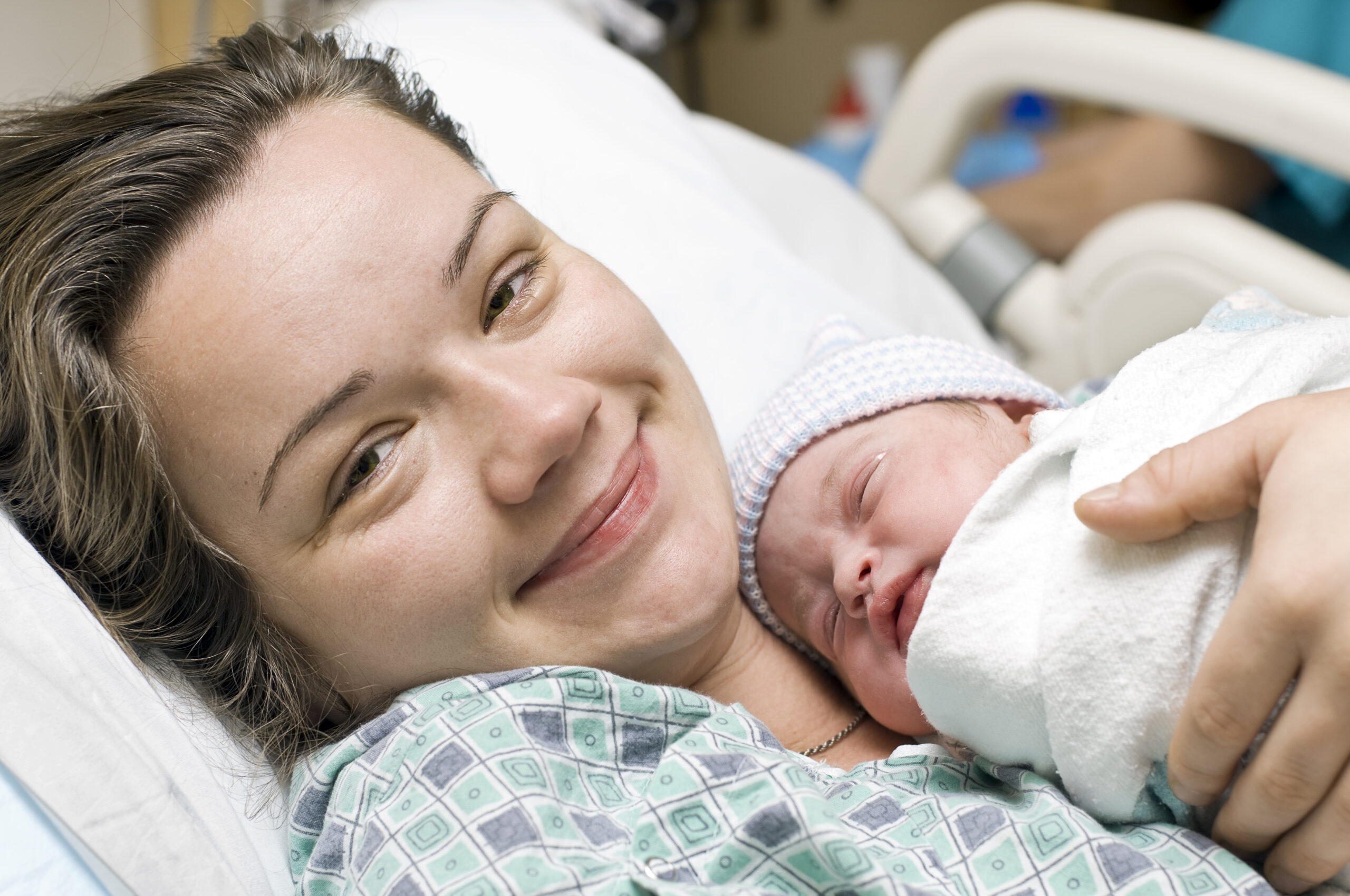
Will you consider making your very best one-time gift or a monthly contribution today?
Every dollar brings us closer to serving vulnerable mothers, protecting babies, seeing God put another Planned Parenthood out of business, and bringing an end to abortion in Alaska.
Your donation to Ministry and Outreach efforts in the GREEN section below is a tax-deductible donation that supports ministry to pregnant mothers at local abortion facilities as well as statewide education programs. Supporting our Ministry and Outreach efforts is a great option for end-of-year tax-deductible donations. You will receive a tax-deductible donation report at the end of the year for your taxes.
Your donations supporting Advocacy and Action for Life in the BLUE section below allow the greatest flexibility to direct efforts to advocacy, education, and ministry efforts. If you’ve ever signed a petition, gave legislative testimony, or attended a rally, those efforts were funded HERE. You will receive a donation report for the year for your records.
Your generosity is the lifeblood of our organization, and we are grateful for your commitment to the cause of life here in Alaska.
Thank you for standing with Alaska Right to Life and defending life.
MINISTRY & OUTREACH
Alaska Right to Life, Inc.-
Pro-Life Ministry at Abortion Businesses that Serve Moms and Save Babies
-
Statewide Outreach and Education that Protects the Family and What it Means to Be Human
-
Education That Protects Children from Abortion and Gender-Destroying Ideologies
ADVOCACY & ACTION FOR LIFE
The Alaska Right to Life Committee-
Life At Conception Act | Equal Protection & Justice from Conception
-
Prohibit Abortion Funding and Spending by Alaska’s Government
-
Protect Children From Dangerous Abortion, Gender, and Sexual Indoctrination in Schools
ADVOCACY & ACTION FOR LIFE
Alaska Right to Life Committee-
Life At Conception Act | Equal Protection & Justice from Conception
-
Prohibit Abortion Funding and Spending by Alaska’s Government
-
Protect Children From Dangerous Abortion, Gender, and Sexual Indoctrination in Schools
MINISTRY & OUTREACH
Alaska Right to Life, Inc.-
Pro-Life Ministry at Abortion Businesses that Serve Moms and Save Babies
-
Statewide Outreach and Education that Protects the Family and What it Means to Be Human
-
Education That Protects Children from Abortion and Gender-Destroying Ideologies
If you prefer to donate by check, this downloadable donation form has everything you need.


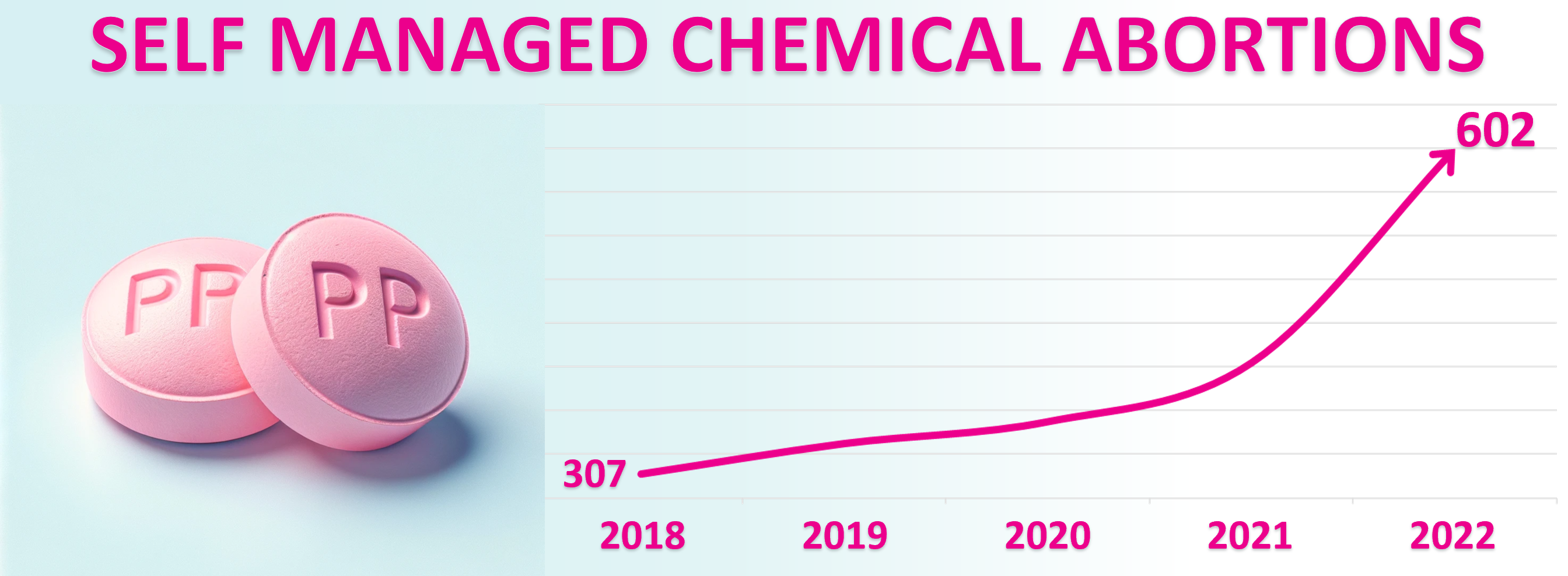

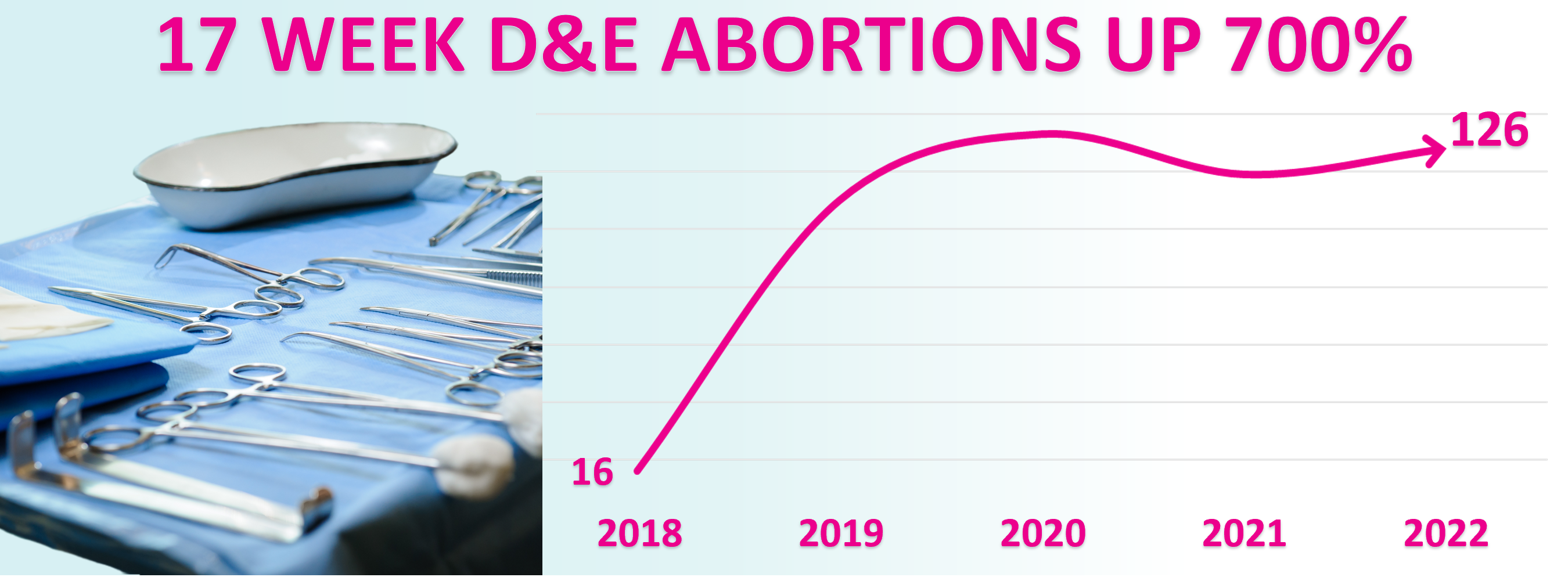


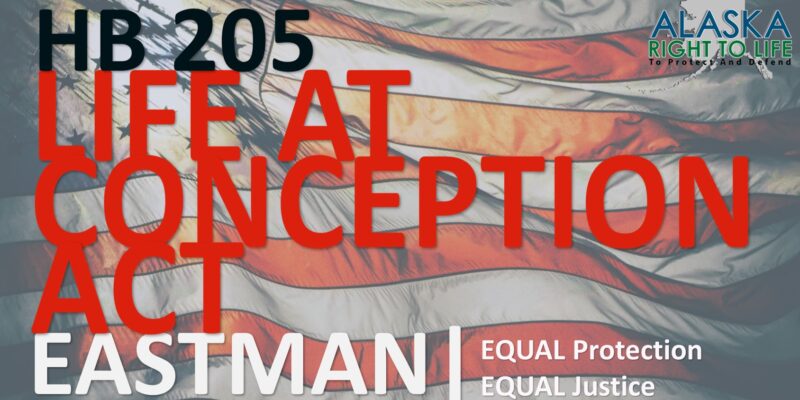
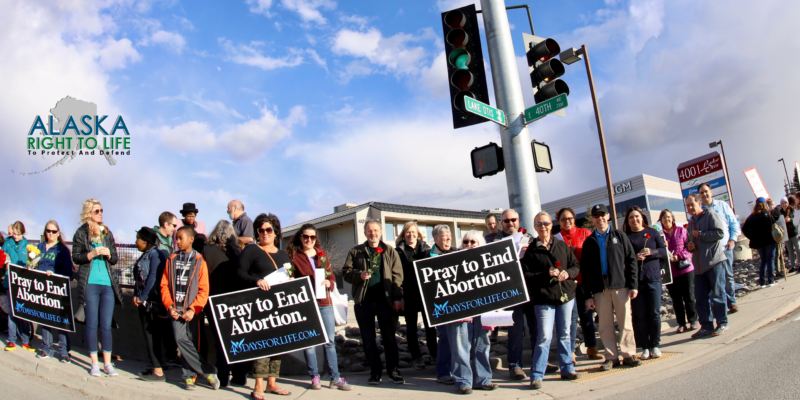




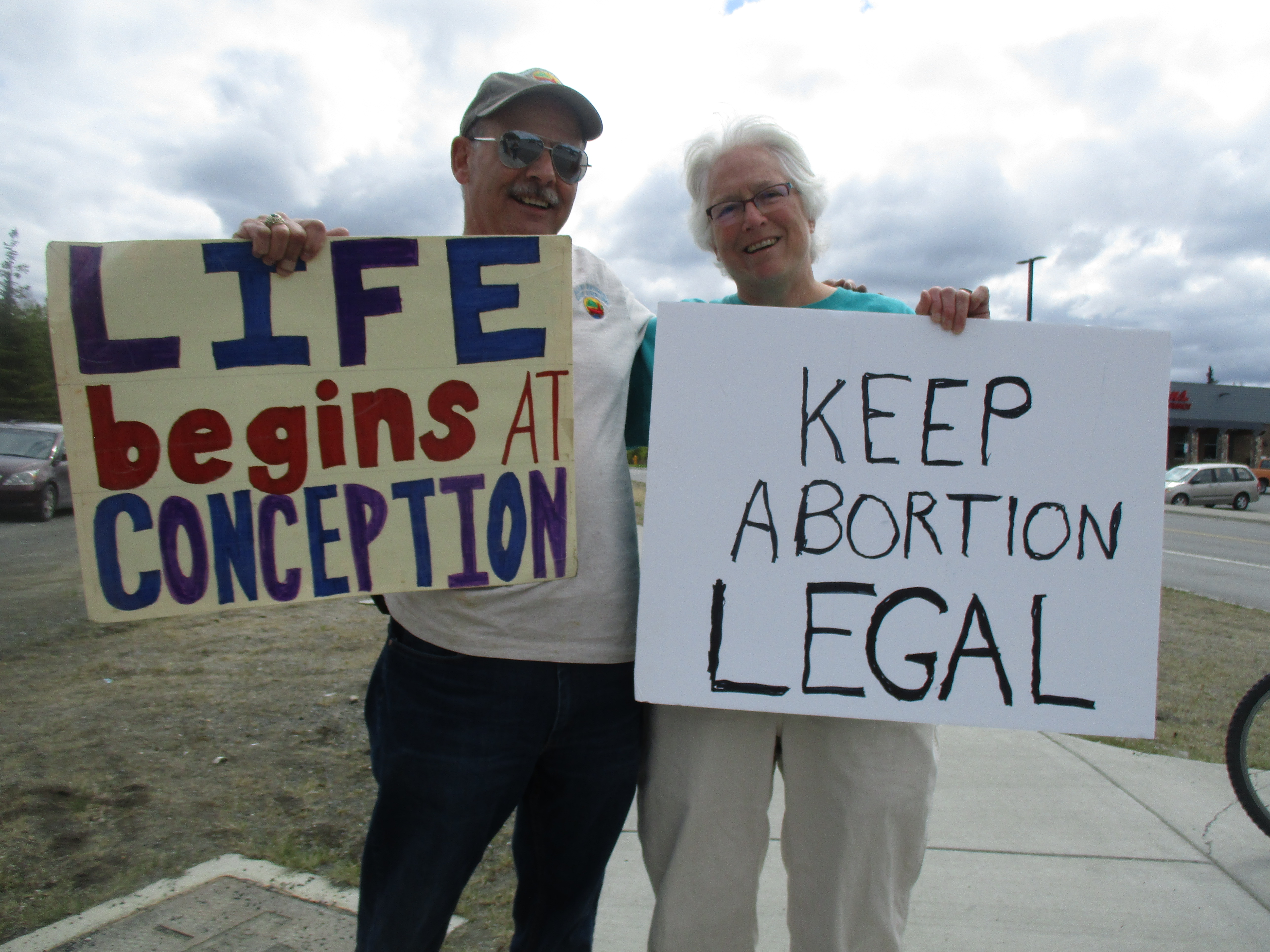
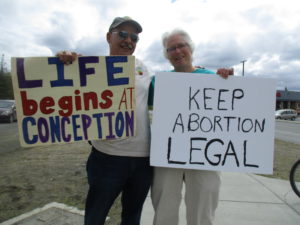 Prolifers met at the Y in Soldotna May 21 to have a counter-presence for the nation-wide support for abortion. Not knowing what to expect, and fearful of ranting and screaming abortion promoters, I wanted to keep myself a good distance away.
Prolifers met at the Y in Soldotna May 21 to have a counter-presence for the nation-wide support for abortion. Not knowing what to expect, and fearful of ranting and screaming abortion promoters, I wanted to keep myself a good distance away.


